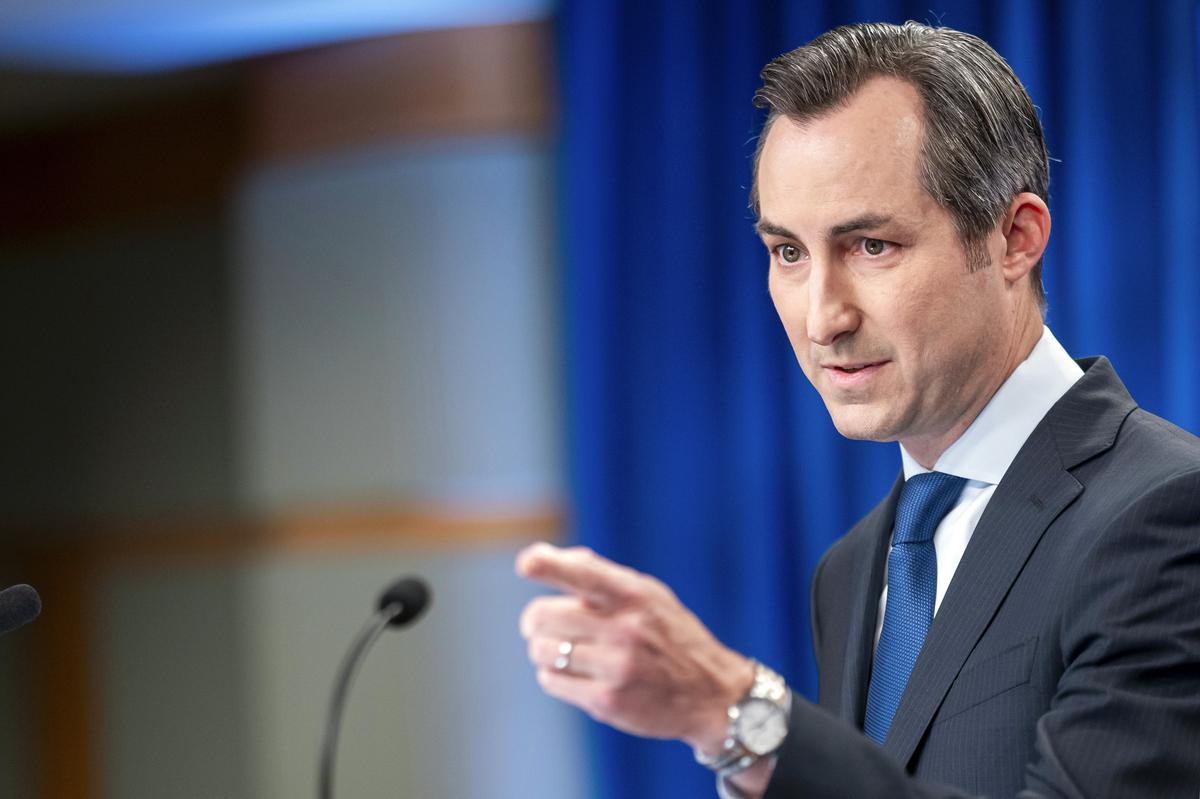
Introduction
In a significant move to combat terrorism and disrupt the activities of extremist groups, the United States has decided to impose sanctions on ISIS and al-Qaeda supporters in the Maldives. This bold action comes as part of the U.S. government’s ongoing efforts to dismantle global terrorist networks and prevent them from carrying out their nefarious agendas. The imposition of sanctions aims to cripple the financial and operational capabilities of these terror groups and their sympathizers in the region.
The Threat of Terrorism in Maldives
The Maldives, a stunning archipelago known for its breathtaking beauty, has unfortunately become a target for terrorist activities in recent years. The rise of extremist ideologies and the recruitment of local individuals into the ranks of ISIS and al-Qaeda have posed a significant security challenge for the island nation. These terror organizations have been attempting to exploit the vulnerability of the Maldivian youth, drawing them into their violent ideologies.
The U.S. Response
Recognizing the growing threat of terrorism in the Maldives and its potential spillover effects on regional and global security, the United States has taken decisive action. By imposing sanctions on individuals and entities linked to ISIS and al-Qaeda, the U.S. government aims to disrupt their funding networks and thwart their ability to carry out attacks.
Key Objectives of Sanctions
The sanctions imposed by the U.S. government are multi-faceted and aim to achieve several key objectives:
1. Financial Disruption
By targeting the financial assets and networks of ISIS and al-Qaeda supporters in the Maldives, the U.S. intends to disrupt the flow of funds that these groups rely on to finance their terrorist activities. Cutting off their financial resources will hinder their ability to purchase weapons, plan attacks, and recruit new members.
2. Isolation and Deterrence
Through these sanctions, the U.S. government aims to isolate individuals and entities linked to these extremist organizations. The fear of facing international sanctions can act as a deterrent for potential sympathizers, discouraging them from engaging in any form of support to terrorist groups.
3. Global Cooperation
The imposition of sanctions sends a clear message to the international community about the seriousness of the terrorist threat in the Maldives. It urges other nations to join hands in the fight against terrorism and collaborate in sharing intelligence and resources to counter this global menace effectively.
Identifying and Designating Supporters
To ensure the effectiveness of the sanctions, the U.S. government, in coordination with intelligence agencies, has identified and designated individuals and entities that have direct or indirect links to ISIS and al-Qaeda in the Maldives. These designations are based on concrete evidence of their involvement in supporting terrorist activities.
The Humanitarian Angle
While the sanctions target those involved in terrorism, the U.S. government remains mindful of the potential impact on the innocent civilians in the Maldives. Measures have been put in place to prevent any adverse effects on the general population, and the sanctions are aimed solely at disrupting the terrorist infrastructure.
Impact on Regional Security
The stability and security of the Indian Ocean region are of paramount importance to the United States and the global community. The presence of terrorist groups in the Maldives poses a significant risk to regional peace and stability. By imposing sanctions on these extremist organizations and their supporters, the U.S. aims to counter the potential threats emanating from the region.
Countering Online Propaganda
In addition to financial measures, the U.S. government is also actively countering the spread of online propaganda by ISIS and al-Qaeda sympathizers in the Maldives. Through strategic digital initiatives, the U.S. seeks to debunk false narratives and dissuade individuals from falling victim to radicalization.
The Way Forward
The imposition of sanctions on ISIS and al-Qaeda supporters in the Maldives is not an isolated action but part of a broader strategy to combat global terrorism. The U.S. government remains committed to working with its international partners to dismantle terrorist networks and prevent them from regaining strength.
Conclusion
The decision to impose sanctions on ISIS and al-Qaeda supporters in the Maldives demonstrates the U.S. government’s unwavering commitment to protecting its interests and those of its allies. By targeting the financial and operational capabilities of these terrorist groups, the U.S. aims to disrupt their activities and make the world a safer place for everyone. It is through collective efforts and international cooperation that we can effectively eliminate the scourge of terrorism from the face of the earth.









